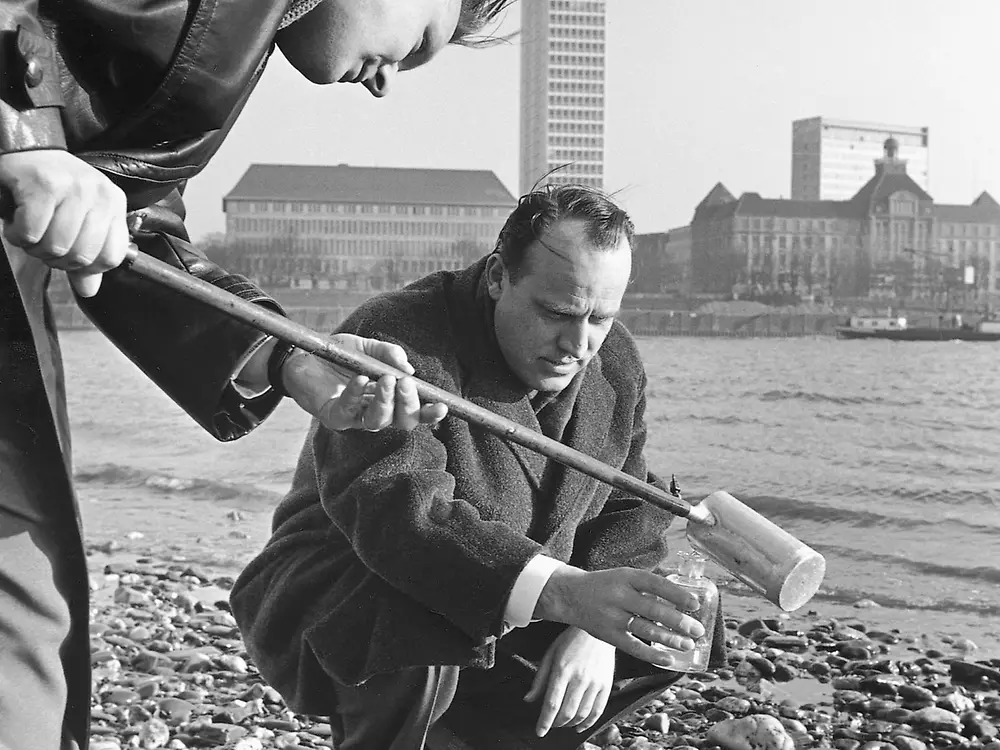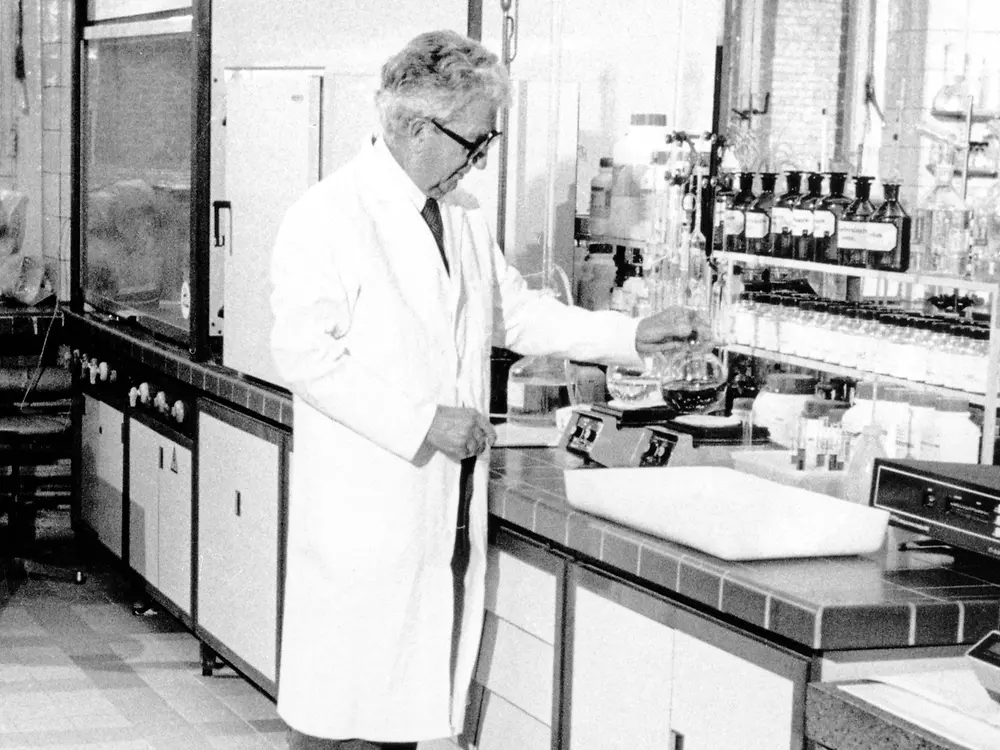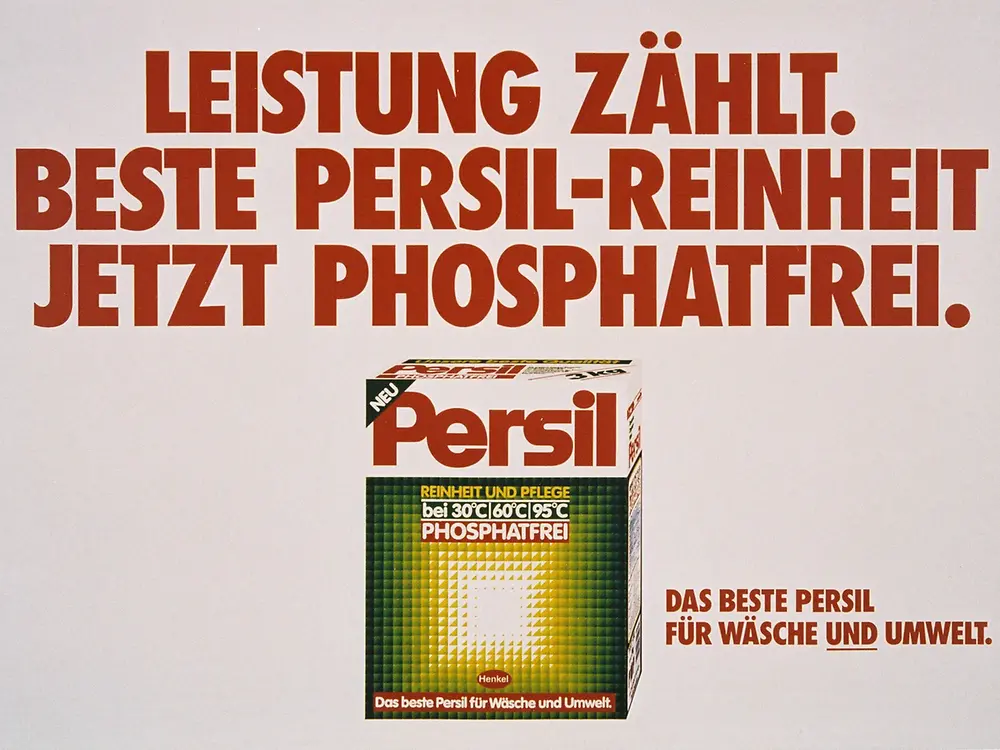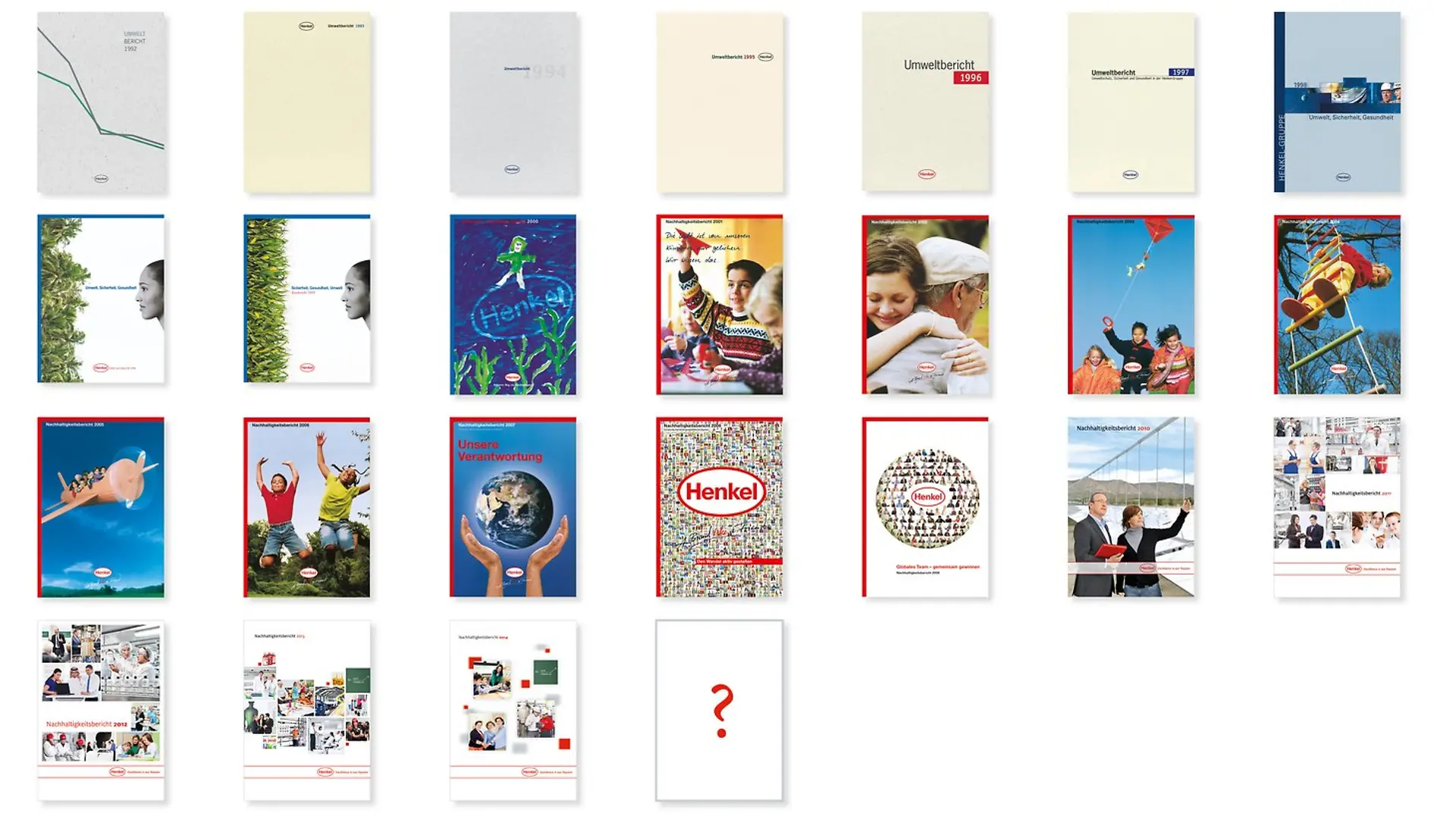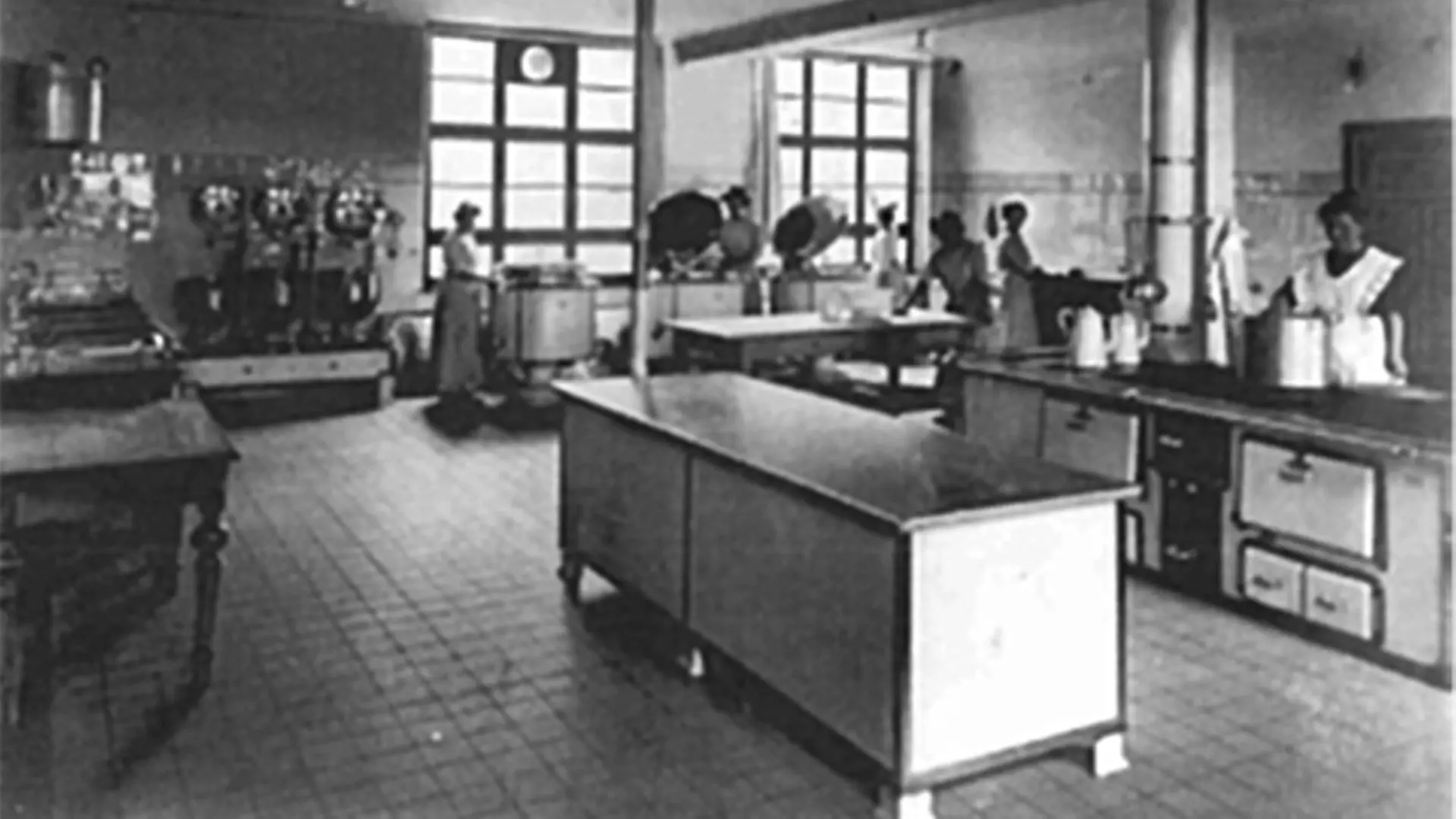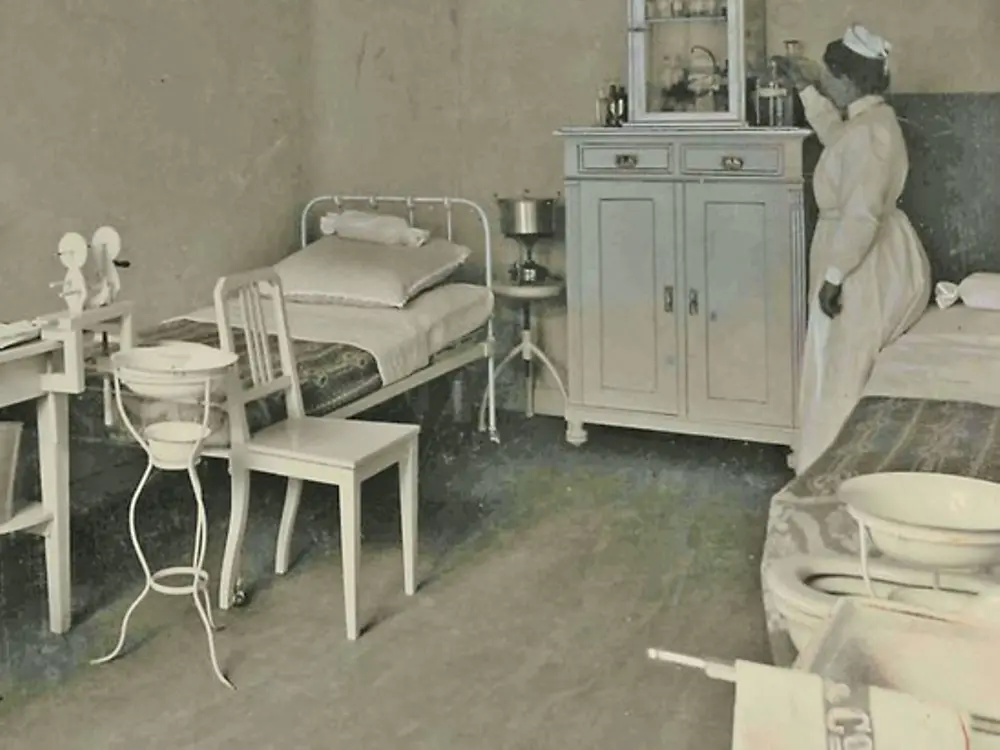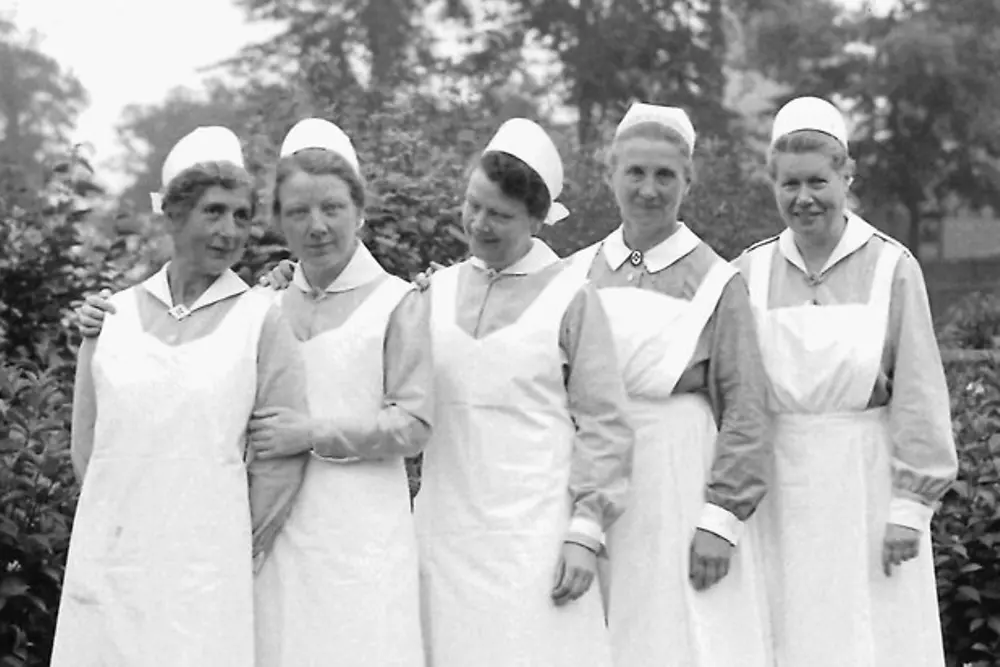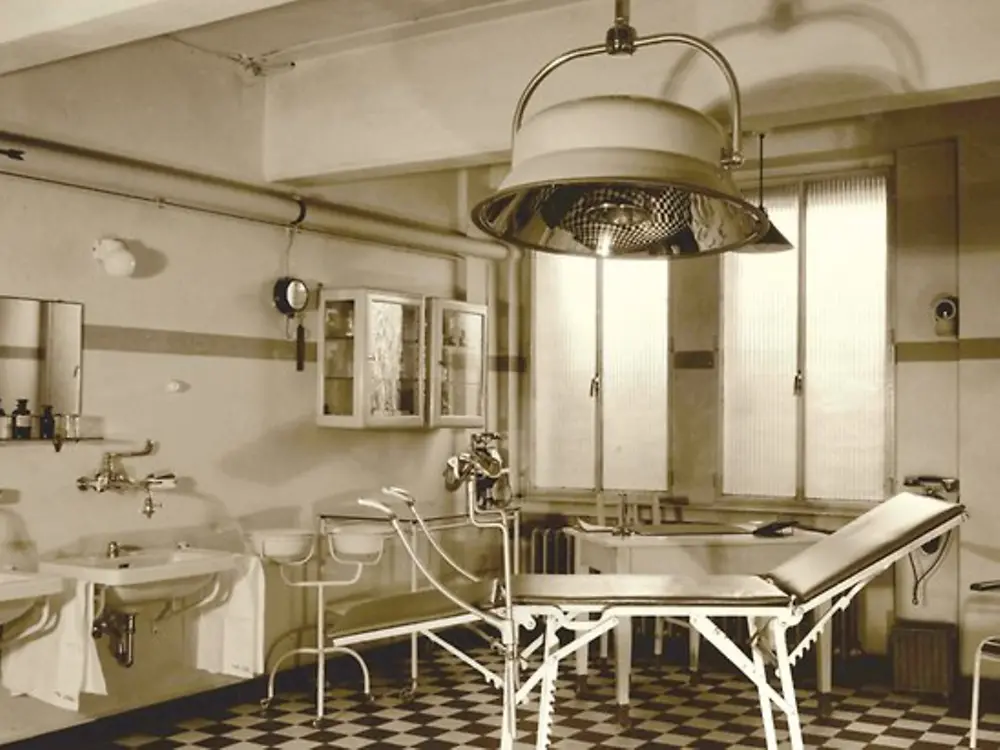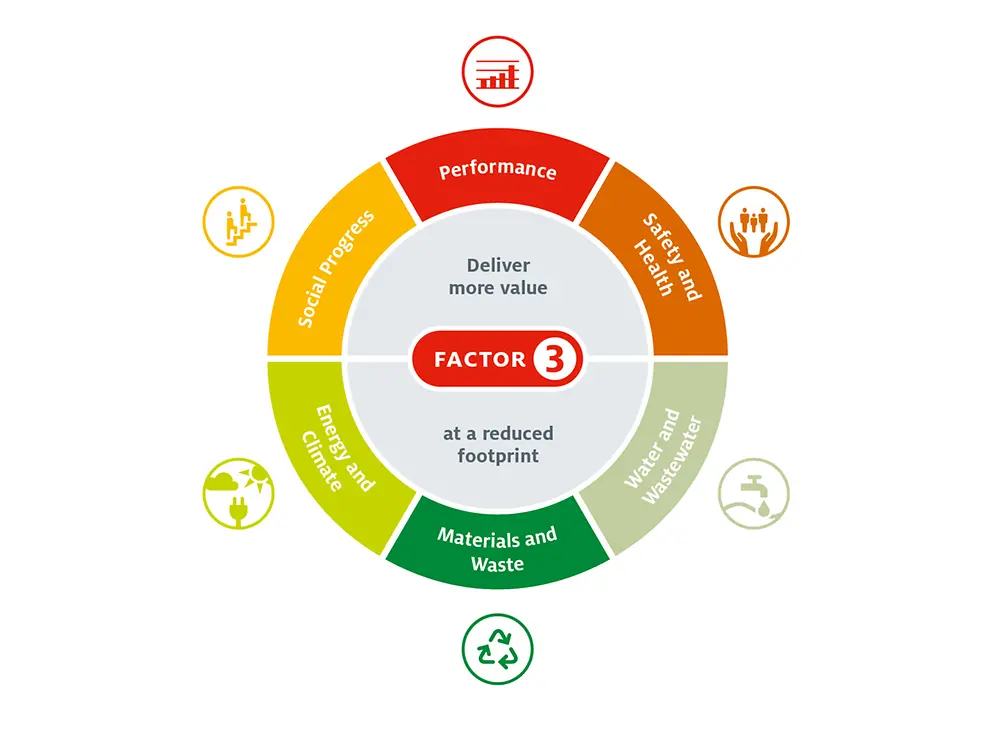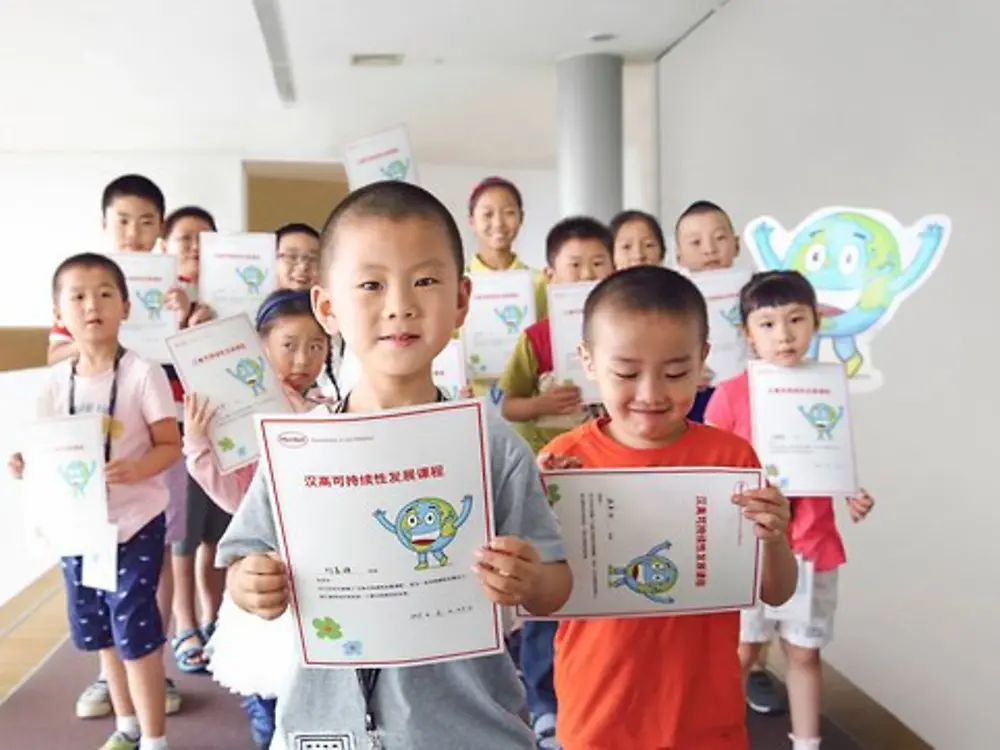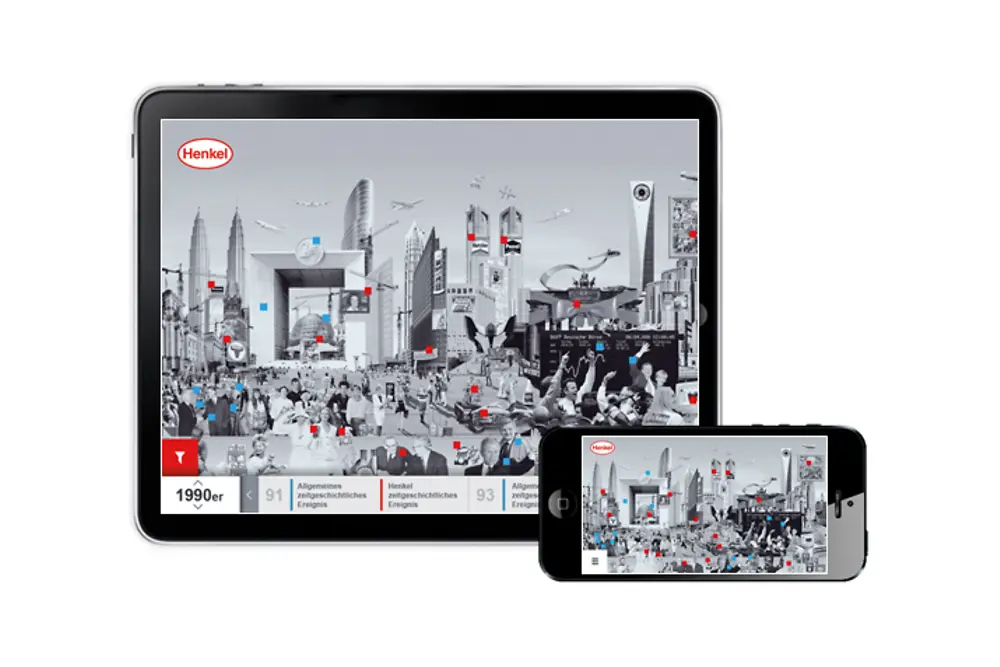Discover the brands and technologies from our business units Henkel Adhesive Technologies and Henkel Consumer Brands.
Sep 27, 2016 Düsseldorf / Germany
Doing business sustainably for future generations – for 140 years now
By committing to the security and health of its employees, to protecting our environment and to improving people’s quality of life, Henkel wants to help make it possible for 9 billion people to live in harmony with our planet’s limited resources by 2050. We take you on a historic journey to show you why sustainability has already been a success factor for Henkel for a very long time…
Sustainability is a part of company culture
Society’s growing environmental consciousness in the early 1960s triggered a change in mindsets. As early as 1958, Henkel began systematically monitoring the Rhine River and its tributaries for detergent substances, so-called surfactants. Dr. Konrad Henkel, grandson of the company founder and Chairman of the Management Board from 1961 onwards, played a particularly great role in driving the topic of sustainability: As a scientist and manager, he made environmental and social responsibility a priority early on. This included the development of new, more sustainable production processes and products – such as phosphate-free laundry detergents – as well as a special responsibility for employees and local residents at Henkel sites.
On the occasion of the 1992 UN Environmental Summit in Rio de Janeiro, Henkel became one of the first companies in Germany to publish an environment report. The 25th sustainability report was released at the start of this year.
Fritz Henkel – a responsible entrepreneur
The tradition of socially responsible policies, however, dates back all the way to the company’s early history: Company founder Fritz Henkel started offering free meals to his employees in 1900. In 1915, the first canteen kitchen was opened, equipped with the most modern fittings of the time, because the workforce had grown to over 1,200 employees.
In 1912, Hugo Henkel, company founder Fritz Henkel’s son, had an infirmary set up. In this initial dispensary, nurses were on hand to take care of employees’ health. In July 1940, the company medical service opened for business with three part-time corporate medical officers. To improve occupational safety, Henkel had already hired a security engineer in 1927 – it was the first company in the German chemical industry to do so.
Together for a more sustainable value chain
In 2011, Henkel introduced its new Sustainability Strategy 2030. Its main goal of this strategy is to achieve more with less and to triple the company’s resource efficiency. This means creating more value for customers and consumers, for the communities Henkel operates in and for the company itself – at a reduced environmental footprint. To successfully implement this strategy and reach the targets Henkel relies on its products, cooperation with partners and the employees’ dedication.
The initial results achieved between 2011 and 2015 are something to be proud of: Henkel has reached all of the interim goals for the first five years of its sustainability strategy for 2030 and increased its efficiency by 38 percent. Henkel employees around the world have acted as sustainability ambassadors and visited about 63,000 schoolchildren to discuss the meaning of sustainability in daily life with them. More than 5 million people around the world have been supported over the past five years by Henkel’s social engagement activities.
You’ll find more historical milestones in our jubilee timeline.


